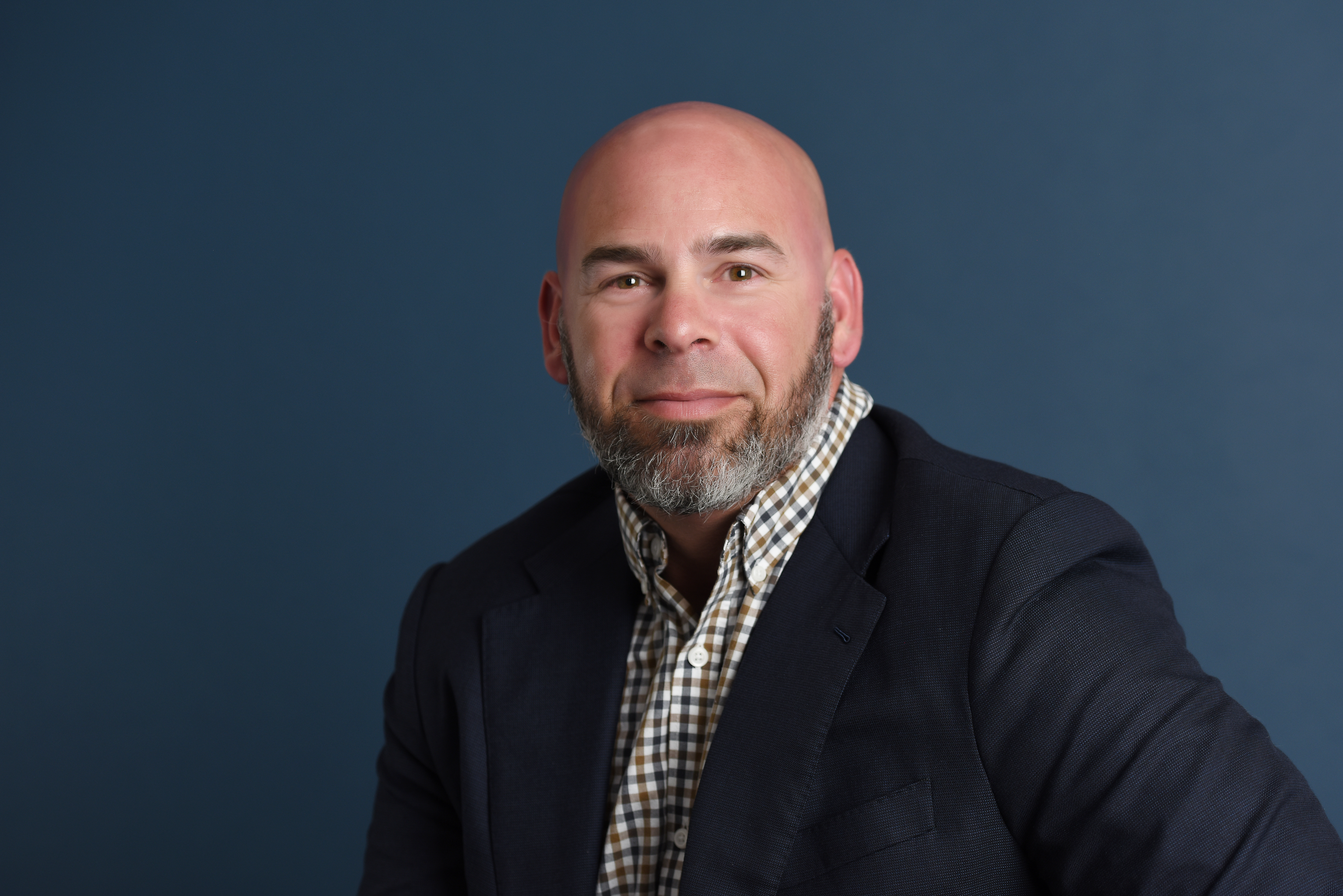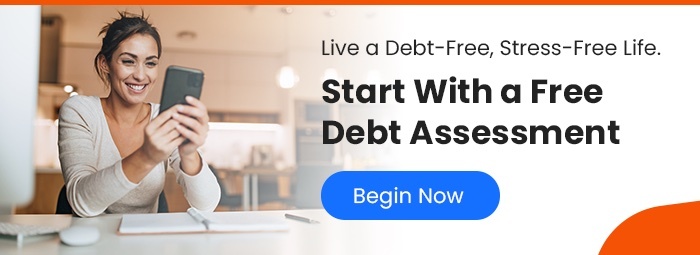
Considering bankruptcy? You’re not alone. In 2017, nearly 58,000 Canadians filed for bankruptcy. These individuals come from all walks of life, and all economic and educational backgrounds. Declaring bankruptcy doesn't make you a bad person and it doesn't mean you're a failure. But what it does mean is that your credit rating and score will be damaged for many years, hindering your ability to get a loan, credit, a mortgage, and in some cases, even a job. So what are the alternatives to bankruptcy?
Here's list of 10 ways to relieve yourself of debt without declaring bankruptcy
1. Negotiate With Your Creditors
If you have an income but it’s just not enough to make a dent in your debt, you may consider trying to negotiate with your creditors. It may take some time and patience, but often creditors will agree to settle your debts for less than you owe. Many people attempting to negotiate will often lead a conversation by stating that they are considering bankruptcy even if they’re unlikely to do so. Unsecured creditors such as credit card companies generally would rather settle the debt for pennies on the dollar than wind up with nothing if you file for bankruptcy. Successful negotiation can result in settlement of 25-50% of the debt; it’s best to start lower, say 15%, so that the creditor can make a counteroffer.
2. Liquidate Your Assets
Could you get by without your car if you sold it for some quick cash? How about some jewelry, electronics, or other valuables? Or, perhaps you have some stocks or bonds that have significant value. Selling or liquidating an asset allows you to pay off your debts quickly and easily. The toughest part of this option is breaking the emotional tie that you may have to your possessions. However, your heartache may be fleeting once you’re stress-free and living debt free!
3. Get Help From Family and Friends
While we don’t often suggest borrowing from family and friends—disputes over money have been known to damage or destroy relationships—we’d be remiss not to include it as an option if you follow some rules. First, calculate just how much money you need to avoid bankruptcy and consider how much you'll be able to contribute on your own. Then, ask friends and family to help you make up the difference. But, don’t just go to them asking for a handout. Instead, have a well-thought out plan in place for how you’ll repay them before you approach; having this plan in writing will also make them feel more comfortable and will make you more likely to hold yourself to it.
4. Pick Up a Part-Time Job or Side Gig
While the thought of working more than you already do may sound unappealing, know that it’s only temporary. It could be something as simple as bagging groceries on the weekend, or maybe you can dive into the gig economy, driving an Uber, hosting a guest, walking dogs, or selling your skills online. Read more here.
5. Consolidate Debt Into Your Mortgage
Because the interest rate on your mortgage is likely to be much less than the rate you pay on credit cards, rolling high-interest credit cards, car loans, and other non-mortgage debt into a new mortgage at a new (hopefully) lower interest rate could save you potentially hundreds of dollars a month. However, in doing so you wind up paying your debt off over a longer period of time, so you won't be debt-free any time sooner (plus, you’ll need a decent credit score to get a mortgage loan). If this sounds like it may be a good option for you, you can read more about it in our recent story The Bottom Line on Consolidating Debt Into Your Mortgage.
6. Take Out a Home Equity Loan
If you have a significant amount of home equity, taking out a second loan (after your mortgage) on your house and using the home as collateral is another option for those struggling with debt. A standard home equity loan will give you a one-time lump sum that must be repaid at a fixed interest rate over a fixed term, usually 10-15 years. An added benefit of a home equity loan is that your credit score and history will not have a significant effect on your ability to obtain one; that’s because you’re using your home as collateral for the loan. Of course, the downside is that if you default on the loan, the lender could foreclose against your home.
7. Dip Into Your Retirement Funds
If you have money squirreled away for the future, you may want to dip into it to take care of your present financial situation. Of course, I don’t like to recommend doing this as planning for the future is important. But, if after serious consideration you’ve determined that using retirement monies can solve your debt situation without creating new ones, it’s worth considering. Some of the new problems it could create include early withdrawal or tax penalties, which are essentially new debt obligations that must be paid. If you opt to take out a loan instead of a withdrawal, your employer will begin deducting loan payments from your paycheck. If you’re already struggling to make ends meet with your current paycheck, this will give you even less to work with.
8. Take Out a Debt Consolidation Loan
Acquired through a bank, credit union, or finance company, a debt consolidation loan can be used to pay off numerous secured and unsecured debts, so that only one monthly payment needs to be made to the loaning institution (and hopefully at a lower interest rate). However, to get a loan you must have a good credit score, which few people in serious debt do, making this option unlikely.
9. Enter a Debt Consolidation Program
A Debt Consolidation Program involves rolling all your debt, including credit cards, payday loans, utility bills, and other unsecured loans, into one monthly payment through a credit counselling agency (be sure to look for one that is non-profit). A certified credit counsellor then works with your creditors to help pay off your debt over time (usually between 2-4 years), and reduce or stop interest altogether. Collection calls cease, stress is relieved, and you’re given valuable money management advice to ensure you don’t find yourself in a similar situation down the road. Of course, there are times when a creditor might not agree to the agency’s terms or refused to reduce or stop interest, lessening the value of the DCP. In other cases, a client might not be able to afford the monthly payment, so they wouldn't qualify for the program.
10. Consider a Consumer Proposal
A consumer proposal is still considered insolvency but is preferred to bankruptcy. It requires that you pay your creditors a portion of what you owe within a certain time period, so you will still need to have an income or assets, and that just might not be the case for many people struggling. Proposals are also legally binding (a debt consolidation program is not), so defaulting on one will result in legal action that could make a bad situation worse.
If you still think bankruptcy is an option you'd like to explore, speak to an unbiased professional about it first. At Credit Canada, we never judge, and we’re here to help you. If you’re struggling financially and have tried everything to get yourself back on your feet without success, let’s talk. Call us at 1.800.267.2272. The call is free and completely confidential, and you can choose whatever option makes the most sense for you—there's no obligation.

Frequently Asked Questions
Have a question? We are here to help.
What is a Debt Consolidation Program?
A Debt Consolidation Program (DCP) is an arrangement made between your creditors and a non-profit credit counselling agency. Working with a reputable, non-profit credit counselling agency means a certified Credit Counsellor will negotiate with your creditors on your behalf to drop the interest on your unsecured debts, while also rounding up all your unsecured debts into a single, lower monthly payment. In Canada’s provinces, such as Ontario, these debt payment programs lead to faster debt relief!
Can I enter a Debt Consolidation Program with bad credit?
Yes, you can sign up for a DCP even if you have bad credit. Your credit score will not impact your ability to get debt help through a DCP. Bad credit can, however, impact your ability to get a debt consolidation loan.
Do I have to give up my credit cards in a Debt Consolidation Program?
Will Debt Consolidation hurt my credit score?
Most people entering a DCP already have a low credit score. While a DCP could lower your credit score at first, in the long run, if you keep up with the program and make your monthly payments on time as agreed, your credit score will eventually improve.
Can you get out of a Debt Consolidation Program?
Anyone who signs up for a DCP must sign an agreement; however, it's completely voluntary and any time a client wants to leave the Program they can. Once a client has left the Program, they will have to deal with their creditors and collectors directly, and if their Counsellor negotiated interest relief and lower monthly payments, in most cases, these would no longer be an option for the client.







